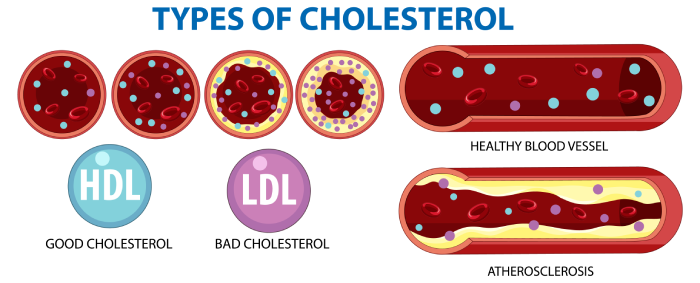Study Explores Antioxidant and Nitric Oxide Impacts in Time Trial Performance
A recent study investigated the potential benefits of quercetin (QCT) and citrulline (CIT) supplementation on trained cyclists’ performance and physiological markers. The research, involving 50 athletes, aimed to determine whether these supplements, known for their antioxidant properties and nitric oxide (NO) production enhancement, could improve cardiovascular function and exercise performance.
The double-blind, placebo-controlled study divided participants into four groups: QCT + CIT, QCT alone, CIT alone, and a placebo group. Cyclists consumed their assigned supplements twice daily for 28 days before undergoing a 20 km cycling time trial (TT). Researchers measured various biochemical markers, including NO metabolites, ferric reducing antioxidant power (FRAP), superoxide dismutase (SOD) activity, and overall antioxidant capacity before and after the TT.
Results showed a significant increase in NO metabolites post-supplementation across all groups. However, the study failed to demonstrate significant interaction effects for NO metabolites, FRAP, SOD, or antioxidant capacity among the different supplementation groups. Interestingly, post-hoc analysis revealed that QCT supplementation led to a significant reduction in FRAP concentrations compared to the placebo group.
The researchers concluded that neither combined nor independent supplementation of QCT and CIT significantly improved the measured biomarkers. They suggested that factors such as baseline training adaptations, supplementation timing, and individual variability might influence the effectiveness of these compounds in enhancing exercise performance and oxidative stress markers. The study’s findings indicate that the ergogenic efficacy of QCT + CIT on antioxidant-related markers remains inconclusive.
Commentary by SuppBase columnist Alice Winters:

The recent study exploring the effects of quercetin and citrulline supplementation on trained cyclists offers intriguing insights into the complex world of sports nutrition and ergogenic aids. While the results may seem disappointing at first glance, they underscore the nuanced nature of supplement efficacy in highly trained athletes.
First, let’s address the elephant in the room: the lack of significant improvements in most measured biomarkers across the supplementation groups. This outcome challenges the often-hyped benefits of quercetin and citrulline in enhancing exercise performance. However, it’s crucial to consider the study population – trained cyclists. These athletes likely already possess optimized physiological adaptations from their rigorous training regimens, potentially creating a ceiling effect for further improvements through supplementation.
The significant increase in NO metabolites post-supplementation is noteworthy, suggesting that the supplements did have some physiological impact. However, this change didn’t translate into measurable performance benefits or improvements in other antioxidant markers. This disconnect highlights the complexity of human physiology and the limitations of focusing solely on isolated biomarkers.
Interestingly, the reduction in FRAP concentrations in the quercetin group compared to placebo is a double-edged sword. While lower FRAP levels might initially seem concerning, it’s possible that this reduction reflects a decreased need for antioxidant defenses due to quercetin’s protective effects. This interpretation aligns with the concept of hormesis, where a mild stressor (in this case, potentially reduced endogenous antioxidant production) can lead to beneficial adaptations.
The study’s findings also emphasize the importance of individualized approaches in sports nutrition. The lack of uniform responses across participants suggests that genetic factors, training status, and even dietary habits may influence an athlete’s response to these supplements. This variability underscores the need for personalized supplementation strategies rather than a one-size-fits-all approach.
Moreover, the study’s duration and supplementation protocol warrant consideration. A 28-day supplementation period might not be sufficient to elicit significant changes in highly trained athletes. Long-term studies could provide more comprehensive insights into the potential cumulative effects of these supplements.
From a market perspective, these results present a challenge for supplement manufacturers promoting quercetin and citrulline for performance enhancement. However, they also offer an opportunity for more nuanced marketing approaches, emphasizing individualized nutrition and the potential for subtle, cumulative benefits that may not be immediately apparent in short-term studies.
In conclusion, while this study may not provide the clear-cut positive results many hoped for, it contributes valuable data to our understanding of sports nutrition. It reminds us of the importance of evidence-based supplementation and the need for continued research into the complex interplay between nutrition, physiology, and athletic performance. As we move forward, the focus should be on developing more personalized, science-driven approaches to supplementation that consider the unique needs and responses of individual athletes.



